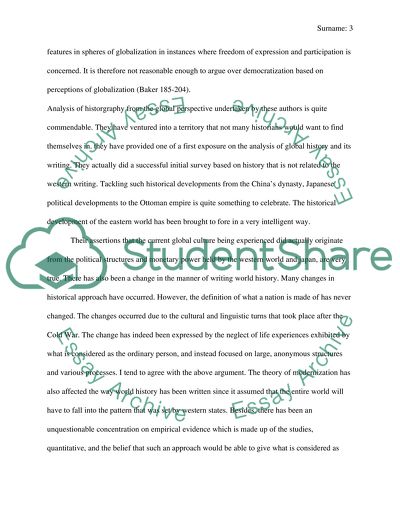Cite this document
(“A Critical Response Paper on a Global History of Modern Historiography Book Report/Review”, n.d.)
Retrieved from https://studentshare.org/history/1434154-a-critical-response-paper-on-a-global-history-of
Retrieved from https://studentshare.org/history/1434154-a-critical-response-paper-on-a-global-history-of
(A Critical Response Paper on a Global History of Modern Historiography Book Report/Review)
https://studentshare.org/history/1434154-a-critical-response-paper-on-a-global-history-of.
https://studentshare.org/history/1434154-a-critical-response-paper-on-a-global-history-of.
“A Critical Response Paper on a Global History of Modern Historiography Book Report/Review”, n.d. https://studentshare.org/history/1434154-a-critical-response-paper-on-a-global-history-of.


